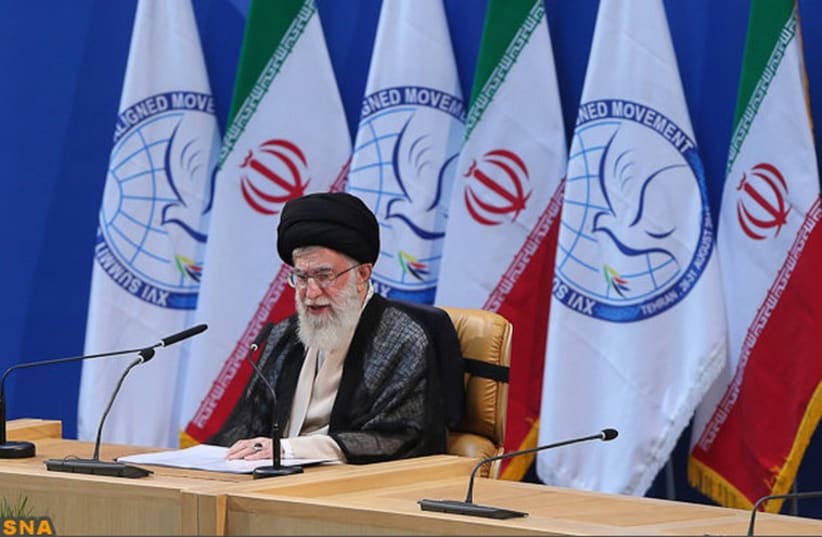Liberman: It’s a mistake to make Iran a partner in the battle against ISIS
“This kind of deal, this linkage between their nuclear program and their participation in a coalition against ISIS, it is a vision that we are completely against,” Liberman said.
